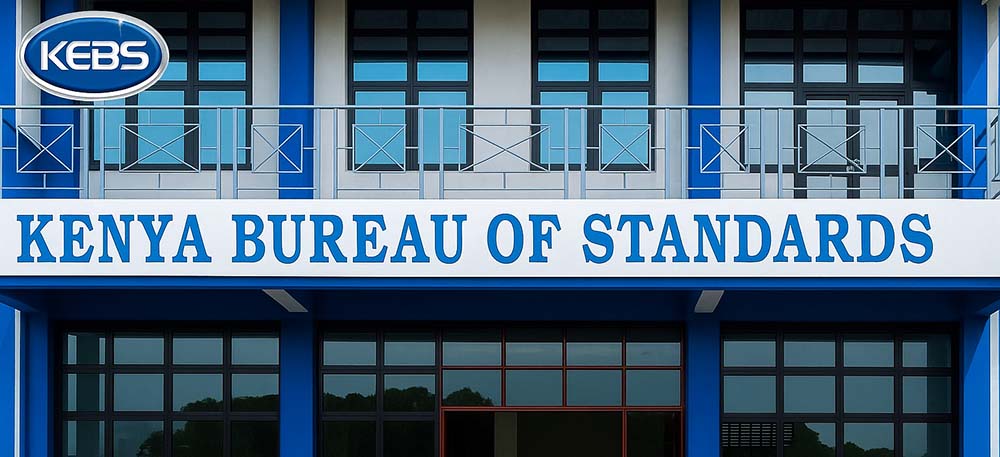
The new 2% Standards Levy risks eroding Kenya’s competitiveness in the global flower market, says KFC chief executive Clement Tulezi.
Kenya’s flower export sector, which earns the country over Sh100 billion annually and supports more than 200,000 jobs, is warning of a serious fallout from a new policy by the Kenya Bureau of Standards (KEBS). The agency has extended a 2% Standards Levy, which was originally meant for manufacturers, to include flower exporters, a move industry leaders say will inflate costs, shrink margins, and weaken Kenya’s position in the global market.
Kenya Flower Council’s Chief Executive Officer, Clement Tulezi, says the levy, intended for manufacturers, is being unfairly applied to flower exporters. According to him, this approach is “misguided, disproportionate and economically damaging.”
Tulezi argues that floriculture is an agricultural business, not a manufacturing operation. “Our products are grown, not fabricated,” he says. Yet, under KEBS’ definition of “value addition,” exporters who clean, grade, bunch, pack, and refrigerate flowers for export are placed in the same category as steel, cement, and beverage producers.
A Sector Already Under Tight Oversight
He notes that the floriculture industry is already one of the most heavily regulated in Kenya. Flower farms must comply with inspections by the Kenya Plant Health Inspectorate Service (KEPHIS), regulations from the Pest Control Products Board (PCPB), requirements from the Horticultural Crops Directorate, and VAT rules enforced by the Kenya Revenue Authority.
“To add yet another levy without consultation, clarity, or regard for sector-specific realities is to further burden an industry already carrying more than its fair share,” Tulezi says.
Taxing Turnover, Not Profit
The levy is charged on gross sales rather than profit, which Tulezi describes as deeply punitive. He says exporters work with thin margins and face volatile global conditions, including fluctuating freight costs, currency shifts, weather risks, and strict compliance requirements.
He gives the example of a mid-sized exporter with an annual turnover of Sh500 million, who would now pay Sh10 million annually in standards levies regardless of whether any profit is made. “At a time when VAT refunds are delayed for years and air freight costs remain high, this is not just unfair, it is unsustainable,” he says.
No Clear Value in Return
Tulezi questions what KEBS is contributing to the sector in exchange for the levy. He points out that flower farms already comply with high international standards, including Kenya Flower Council’s own Silver and Gold certifications, as well as GLOBALG.A.P., MPS, and Fairtrade.
“Flower farms already meet the highest global quality and sustainability standards, not because KEBS tells them to, but because the market demands it,” he says, adding that imposing a levy without service delivery amounts to “taxation without representation.”
Growing Cost Burden
Beyond the new levy, Tulezi says exporters are already paying county cess, export levies, phytosanitary certification costs, water usage fees, and environmental licensing charges. Each may seem reasonable in isolation, but together they create a heavy financial burden on the sector.
Tulezi is calling on KEBS to rescind or suspend the levy for floriculture until a full regulatory impact assessment is carried out with input from industry stakeholders. He also wants the government to clarify that basic agricultural post-harvest handling does not constitute manufacturing.
“Let us not allow an ill-conceived levy to choke the very blooms that sustain our rural economies and put Kenya on the global map.” Tulezi says.
